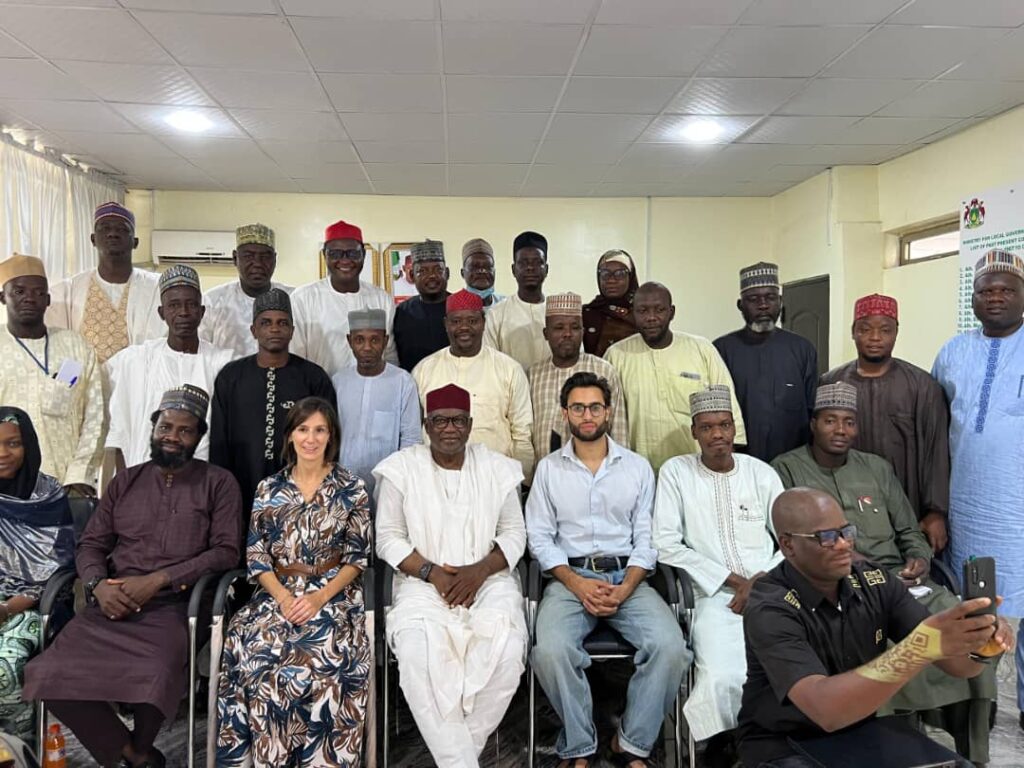By Hussaini Ibrahim
The Kano State Government has unveiled a new initiative aimed at improving water quality and drastically reducing the prevalence of waterborne diseases across the state’s 44 Local Government Areas.
The move, which combines scientific research with indigenous innovation, was announced by the Commissioner for Local Government, Mohammed Tajo Othman, during a meeting with a delegation from the Development Innovation Lab.
The group briefed the Ministry on the outcome of the Chlorine Sensitization and Redemption Pilot Project carried out in two LGAs of the state.
The development was made in a statement signed by the Public Relations Officer of the Ministry for Local Government and Chieftaincy Affairs, Aminu Bello Sani, and issued on Friday.
Othman said the state government is adopting proactive strategies that integrate modern water treatment technology — including precision chlorine dosing machines — and natural purification systems to ensure access to safe drinking water.
“Prevention is always better than cure,” Othman said. “We are focusing on solutions that stop diseases before they begin. Every Local Government Council has been directed to make the provision of potable water a top priority.”
He further disclosed that discussions are underway to include student exchange and training programmes in the project to develop a skilled local workforce in water science and treatment technology.
During the meeting, the team led by Professor Elisa of the Development Innovation Lab, comprising experts from universities in California, Michigan, Berkeley, and Chicago, presented findings and recommendations for scaling up the project.
According to Professor Elisa, the initiative applies a scientific and data-driven approach, adapting purification standards to Kano’s diverse environmental conditions.
“Our goal is to create adaptable water treatment systems that respond to local realities,” she explained. “Through systematic testing and community engagement, we can ensure sustainable and reliable access to clean water across all LGAs.”
The team also explored new opportunities for collaboration in other Water, Sanitation, and Hygiene (WASH) thematic areas to strengthen the state’s public health system.
Experts say the initiative could significantly reduce the incidence of cholera and other waterborne diseases in rural communities where untreated water remains a major health threat.
The Kano State Government said it remains committed to expanding the programme beyond the pilot phase by leveraging international partnerships, scientific research, and community-based innovation.


